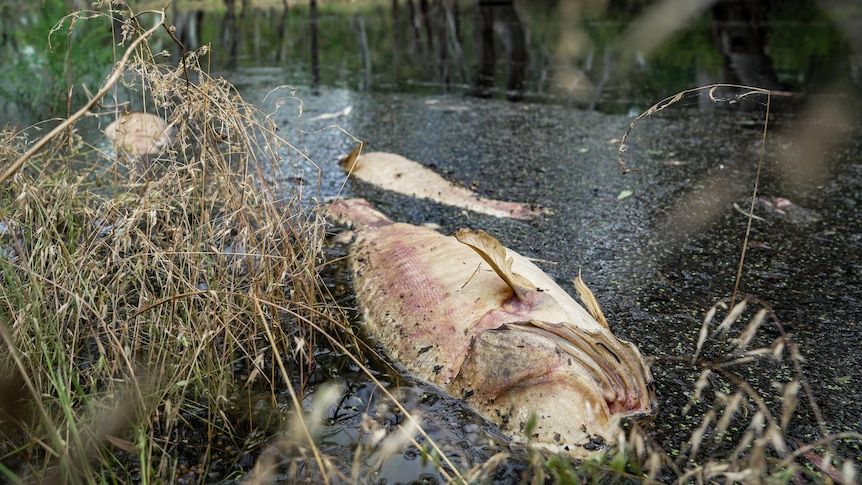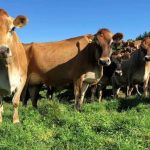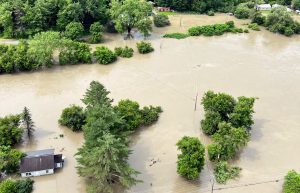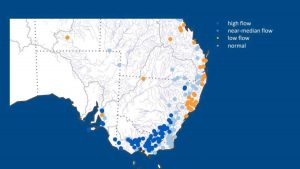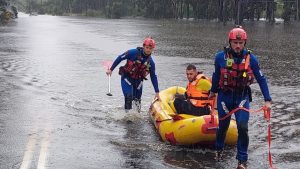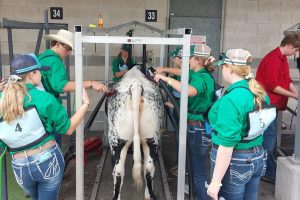
Key points:
The SA government warned a blackwater event could arise due to River Murray flooding
Experts say while blackwater poses a significant threat to native fish like the Murray Cod
Australia’s peak fish conservation charity says the carp herpes virus should be released
Blackwater can occur when floods wash organic matter such as leaves and grass off riverbanks and floodplains and into waterways.
SA Water Minister Susan Close said the likelihood of a blackwater event and the risks associated had been front of mind for the department.
She said with warm summer temperatures and the increased river flows, the chance of a blackwater event was very likely.
“It hasn’t happened in South Australian waters yet, but we’re asking people to contact PIRSA [Department of Primary Industries and Regions] if they see dead fish,” she said.
“The larger the fish are, the more susceptible they are to being badly affected or even killed by low oxygen levels in the water.
“The Murray cod, which is very precious to us, is very vulnerable to a blackwater event.”
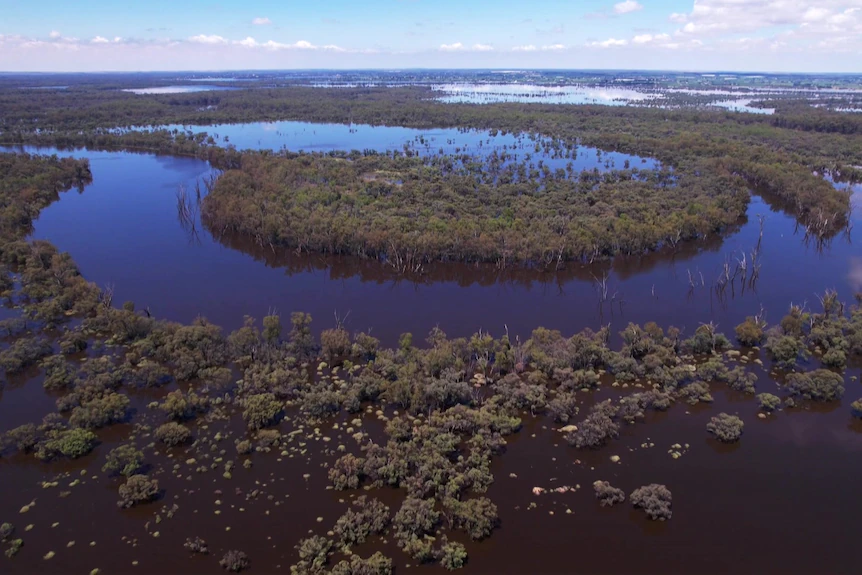
Predicting blackwater a complex task
The state government issued a warning for blackwater in early November.
After an unseasonally cool start to the summer, temperatures have settled into the high 30s but there has been no sign of blackwater.
Charles Sturt University adjunct research professor Darren Baldwin said predicting the event was complex.
“Water comes across a dry river corridor, such as a dry river channel or a dry flood plain,” he said.
“When it inundates the leaf litter that is sitting on the floor, carbon is leached out of the litter like tannin in tea leaves.”
The released carbon is consumed by bacteria.
Just like humans, fish use oxygen as part of their respiration process.
If fish consume oxygen faster than it can be replenished in the water, it can lead to fish kills.
But Professor Baldwin said blackwater could also be “quite beneficial” for river productivity.
“The carbon that comes off the flood plain is a critical energy source for the river that can be consumed by slightly bigger organisms, working its way up the food chain back to the fish,” he said.
Calls to stop carp spawning
Australia’s fishing conservation charity, OzFish Unlimited, said it was ready to save fish in the Riverland if a blackwater event occurred.
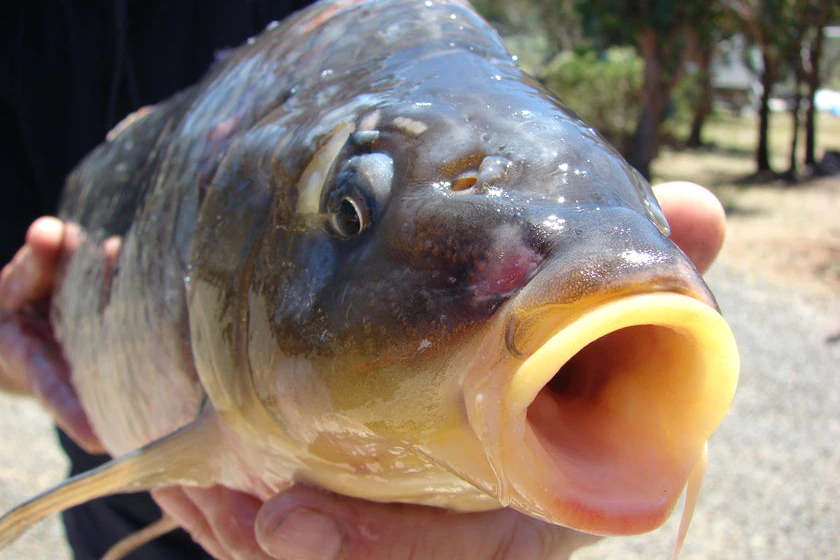
Chief executive Craig Copeland said OzFish had a PIRSA permit to act if water quality and oxygen levels dropped.
“At the moment there’s still plenty of water out across the flood plains so when that occurs, that’s when everyone will be looking for blackwater and seeing what impacts it’s having on water quality,” he said.
Concerns about carp breeding
The news of a potential blackwater event comes amid calls for control measures to be put in place to stop carp numbers from skyrocketing amid perfect breeding conditions.
The federal government publicly released in November its National Carp Control Plan, which calls for more research and planning before releasing a carp herpes virus.
Mr Copeland said the virus would help to mitigate mass spawning of the pest.
“The impact of the carp on native fish is huge, and if we want our fish to return, we need to reduce the carp population,” he said.
“The sooner we introduce the carp herpes virus, the better.”
A Department of Agriculture, Fisheries and Forestry spokesperson said common carp were one of the worst introduced species impacting freshwater ecosystems across Australia.
The spokesperson said further research and stakeholder consultation on the carp herpes virus was a process that would take several years to complete.
